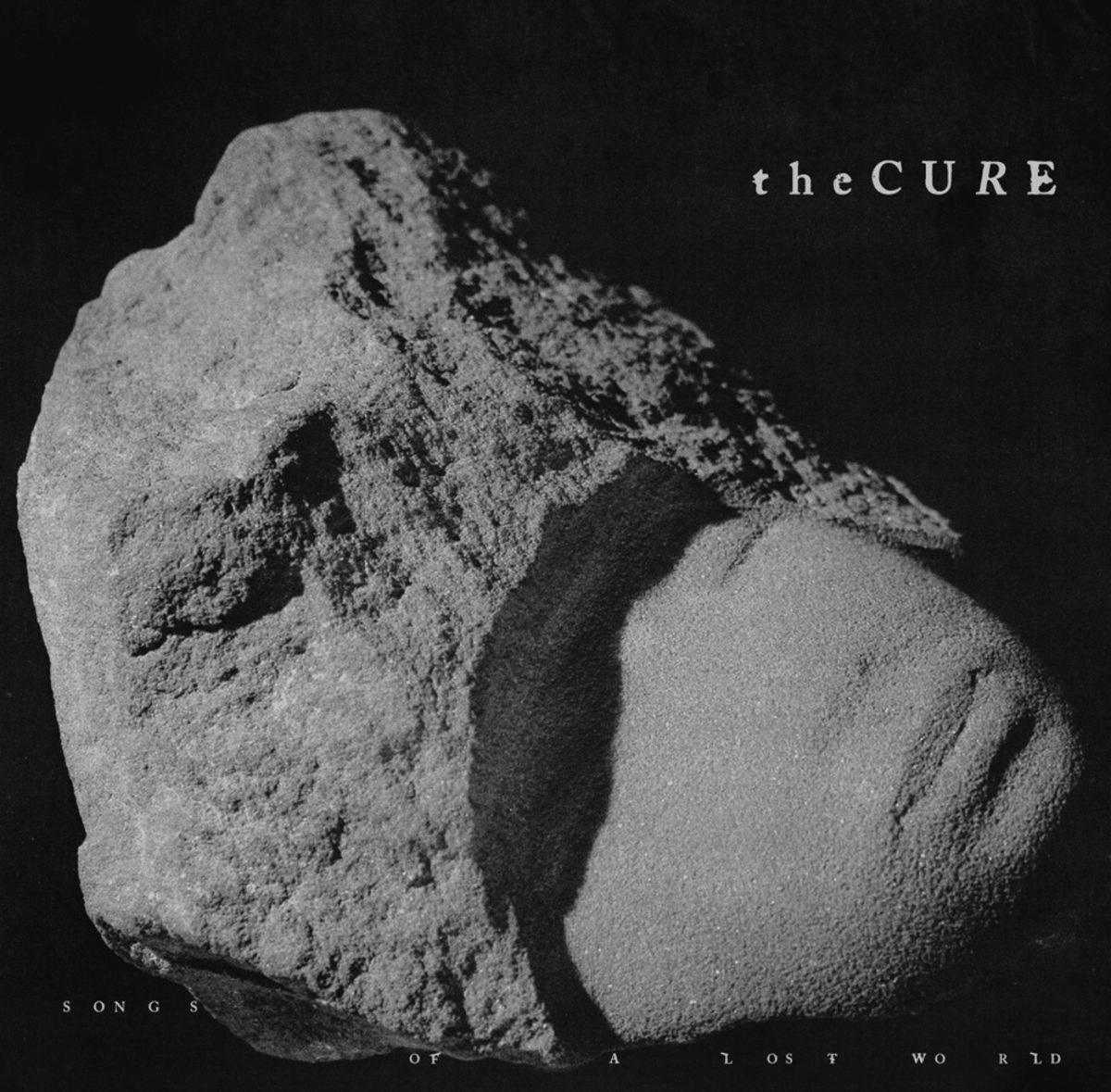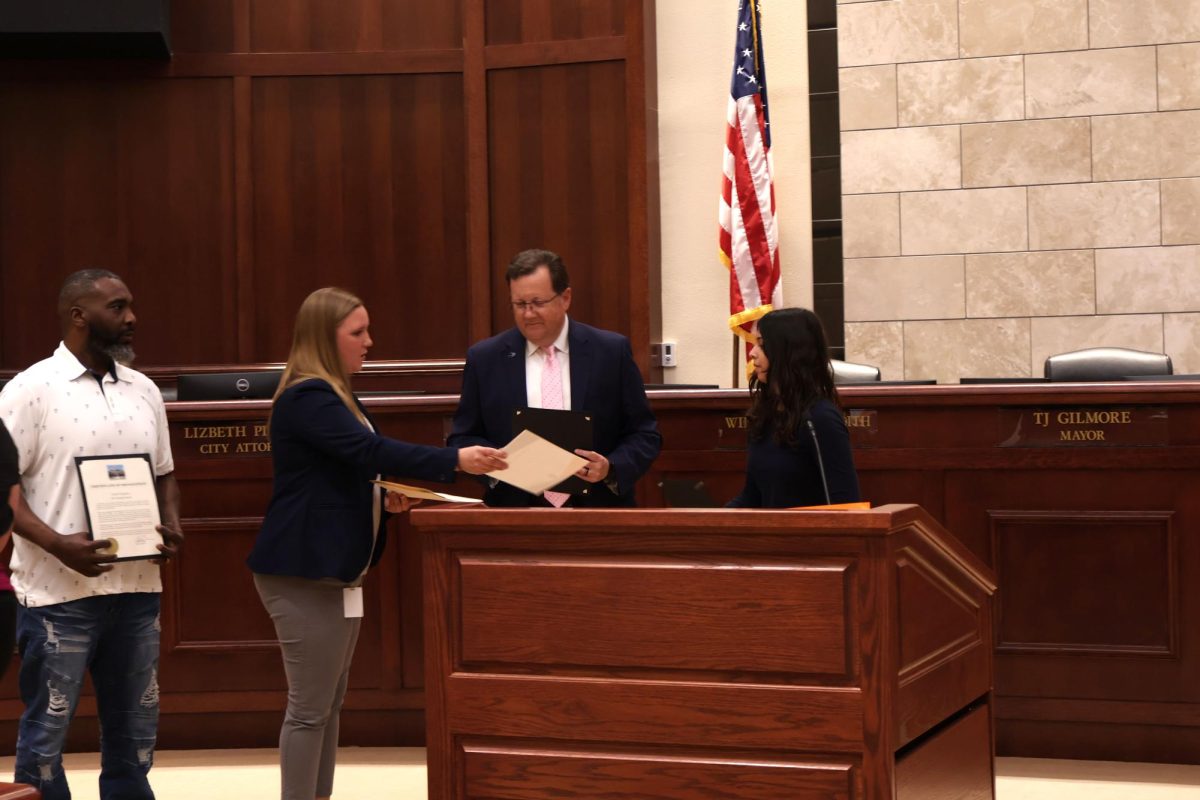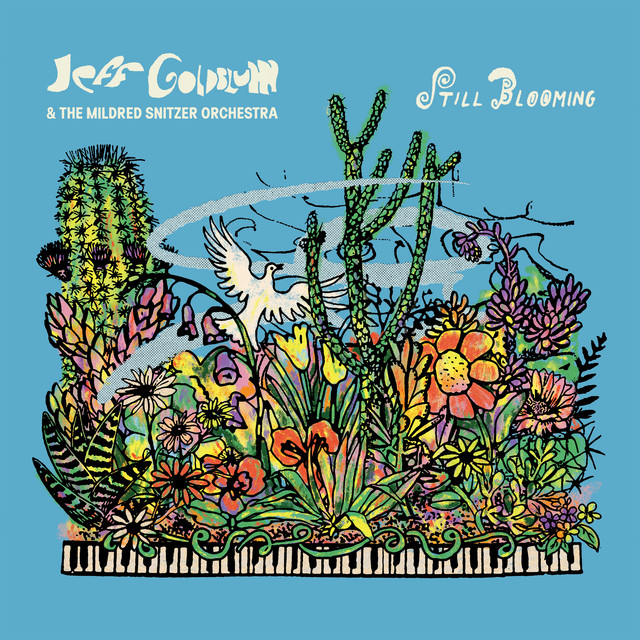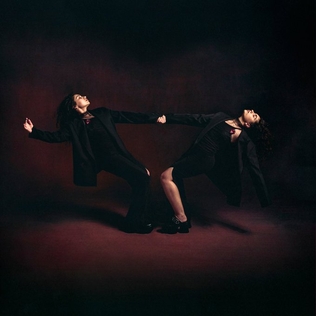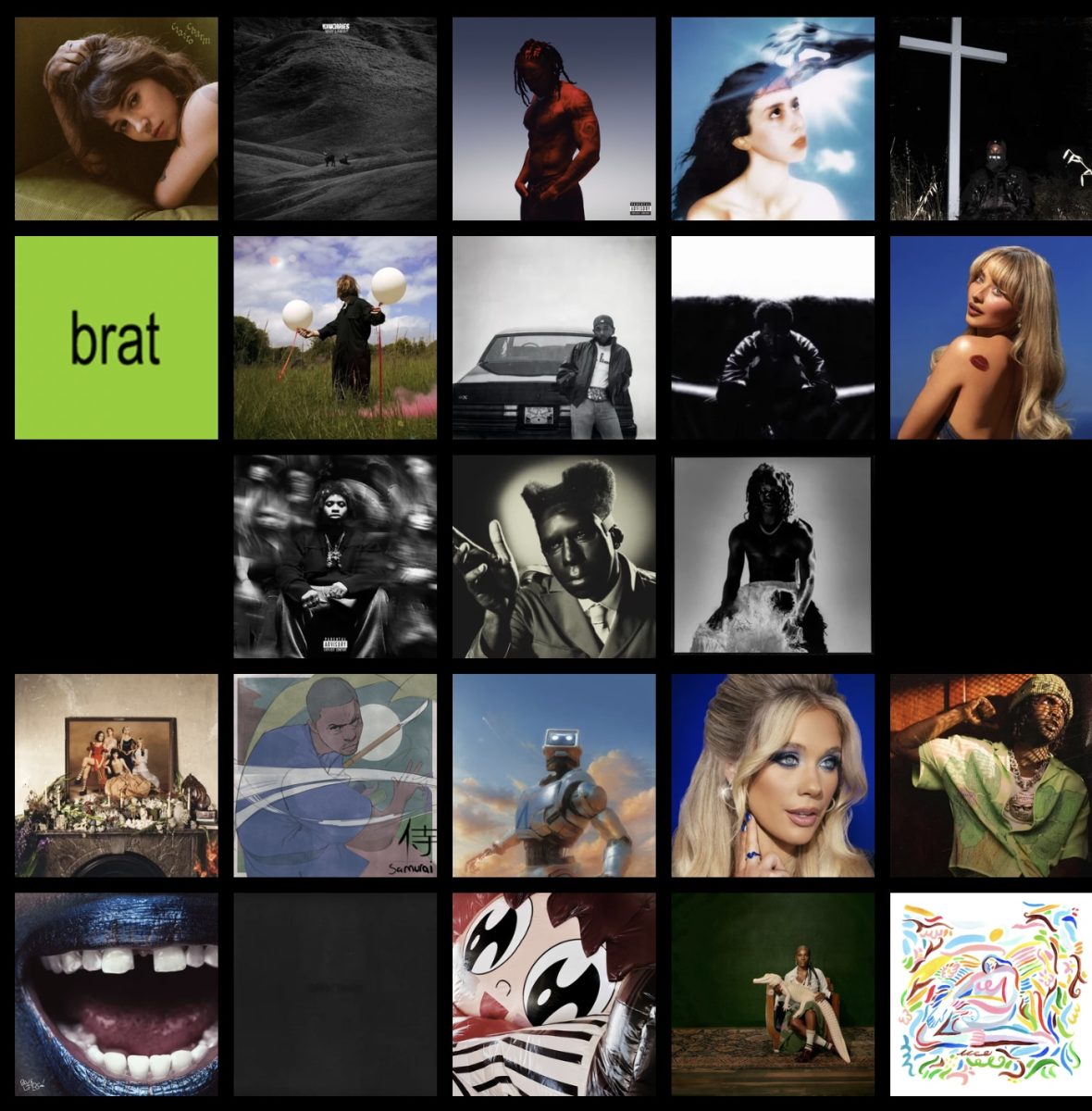The Cure, an English post punk rock group known for its moody melodies and gothic imagery, released their 14th album, “Songs of A Lost World” on Friday, Nov. 1. This release marks the band’s first album in 16 years after a long period of silence, leading fans to reminisce about their previous works from the ‘80s and ‘90s.
“I think a sense of loss permeates the album,” Robert Smith said at an interview with the Morning Edition. “I think that’s slightly different to musing exclusively on death. Also the changing nature of reality. As you grow older, you do tend to feel like you’re being left behind by the world. And sometimes it’s a great feeling. I think we’re kind of designed to welcome that idea of actually slowing down and seeing the world spinning away from us.”
The first track is “Alone,” with an overall tone that is melancholic and reflective, characterized by a sense of mourning. The use of phrases like “broken-voiced lament” underscores the pain and sorrow in the realization of lost love and opportunities. The display of nostalgia, disillusionment and the search for meaning resonates deeply, making it not only a reflection on personal experiences, but a broader commentary on the human condition.
The second track, “And Nothing is Forever,” opens with gentle piano chords and synth strings to set the overall mood. The song has a repeated plea for promises, signifying a deep desire for connection that transcends time and distance. The notion of being “together in the end” highlights a yearning for lasting bonds, even in the face of inevitable change. The intimate language invites listeners to connect with their own experiences of love and loss, making it a deeply relatable piece.
Ranked as No.1 of the album by The Billboard, “A Fragile Thing” continuously repeats “there’s nothing you can do to change it back,” reflecting a resigned acceptance of the relationship’s state. The repeated phrases reinforce key emotional beats, creating a rhythmic quality that mirrors the cyclical nature of heartbreak and longing. The only critique offered was how the singer only started singing 50 seconds into the song. Although an introduction of music can be welcoming at times, it often lets the listener get bored if it goes on for too long.
Followed by the previous track is “Warsong.” The title alone suggests a much darker mood compared to the previous songs on the album. The lines “I want your death, You want my life” illustrate a stark and extreme depiction of conflict that reveals how love and hate can be intertwined, with both parties feeling as though their very existence is threatened by the other. The refrain, “we are born to war,” suggests a bleak outlook on relationships and human nature. The song reminds listeners of a line from John Lyly’s novel, “Euphues: The Anatomy of Wit,” that said “all is fair in love and war.”
The fifth track is “Drone: Nodrone.” The song explores the emotional landscape surrounding breakups. It captures the confusion and frustration of trying to navigate a failing relationship while grappling with personal identity. Vivid imagery such as “endless black night” and “staring down the barrel of the same warm gun,” effectively conveys feelings of despair and hopelessness. Fans really loved how impactful the lead guitar’s melody by Reeves Gabrels was in this one.
The next track of the album is “I Can Never Say Goodbye.” The urgency of the lyrics conveys a sense of impending doom, with phrases such as “something wicked this way comes” evoking a sense of evil or misfortune approaching, which is later revealed at the end with “To steal away my brother’s life.” This line referenced Shakespeare’s “Macbeth,” heightening the tension and foreshadowing tragedy. The speaker’s direct appeals to their brother create an intimate and personal tone. This one certainly stands out from the rest as it dealt with the unexpected theme of grief.
The seventh track, “All I Ever Am,” uses rhetorical devices to enhance the emotional resonance, inviting listeners to reflect on their own experiences with love, loss, and self-acceptance. The phrase “never quite enough” reflects a paradox of love and fulfillment. It acknowledges the beauty of love while simultaneously recognizing its limitations, creating a nuanced emotional landscape. This track in particular was very nostalgic for listeners since it contained so many familiar melodies from their songs in the ‘80s.
Finally, the last track is “Endsong.” The acknowledgment of aging—“wondering how I got so old”—points to the inevitable passage of time and its impact on identity and aspirations. This reflection deeply provoked anxiety about mortality and the fleeting nature of life. Moreover, the line “left alone with nothing at the end of every song” contains creativity, as it claims that despite the act of creation such as songwriting, there is a lingering sense of emptiness and lack of fulfillment. It’s a compelling reminder of how the echoes of the past can shape the present, leaving people to ponder the weight of what remains when all cherished things seem to fade away.
In summary, the album was highly praised for its emotional depth and powerful themes. The mood is familiar yet unexpected, especially with “I can Never Say Goodbye.” The album thoroughly explores the problems rooted in human nature and how it impacts the course of relationships throughout people’s lives, going so far as to even reflect on self identity. It serves to be a true success, with fans from all over the world tuning in to experience the long awaited artwork by the well-known band.

